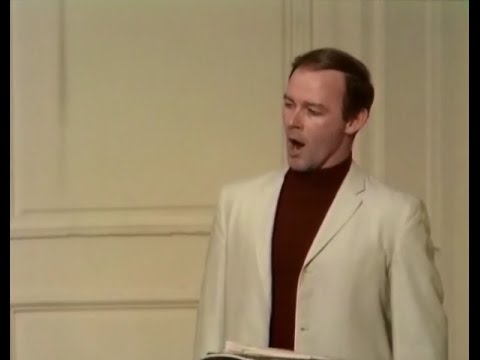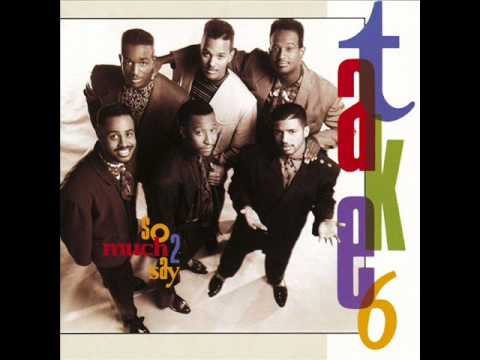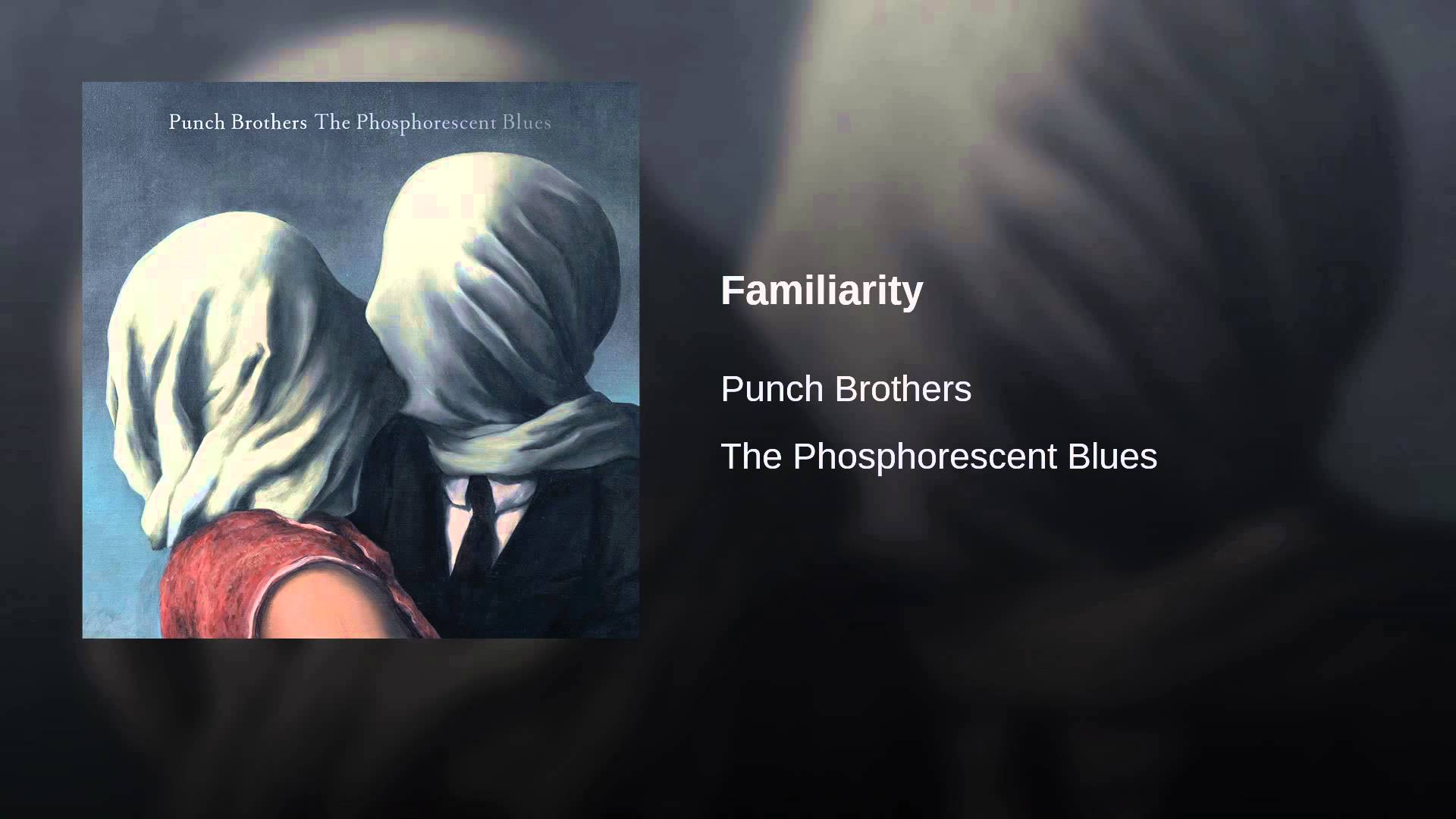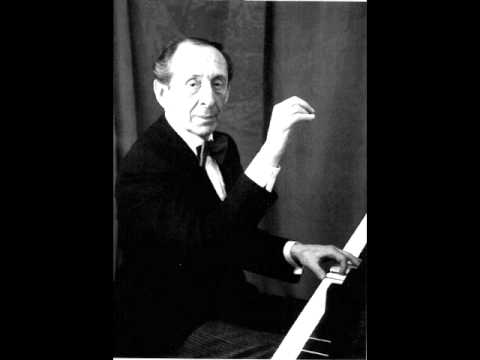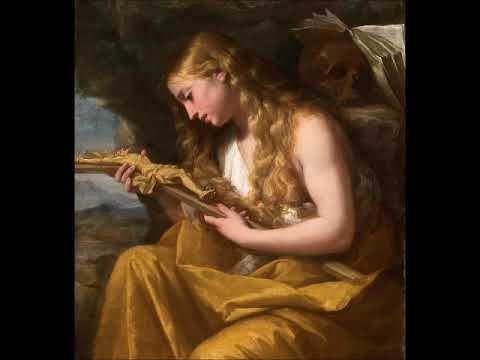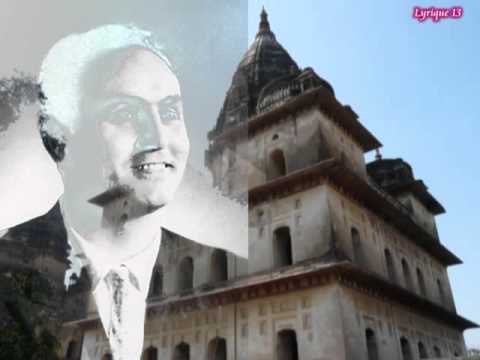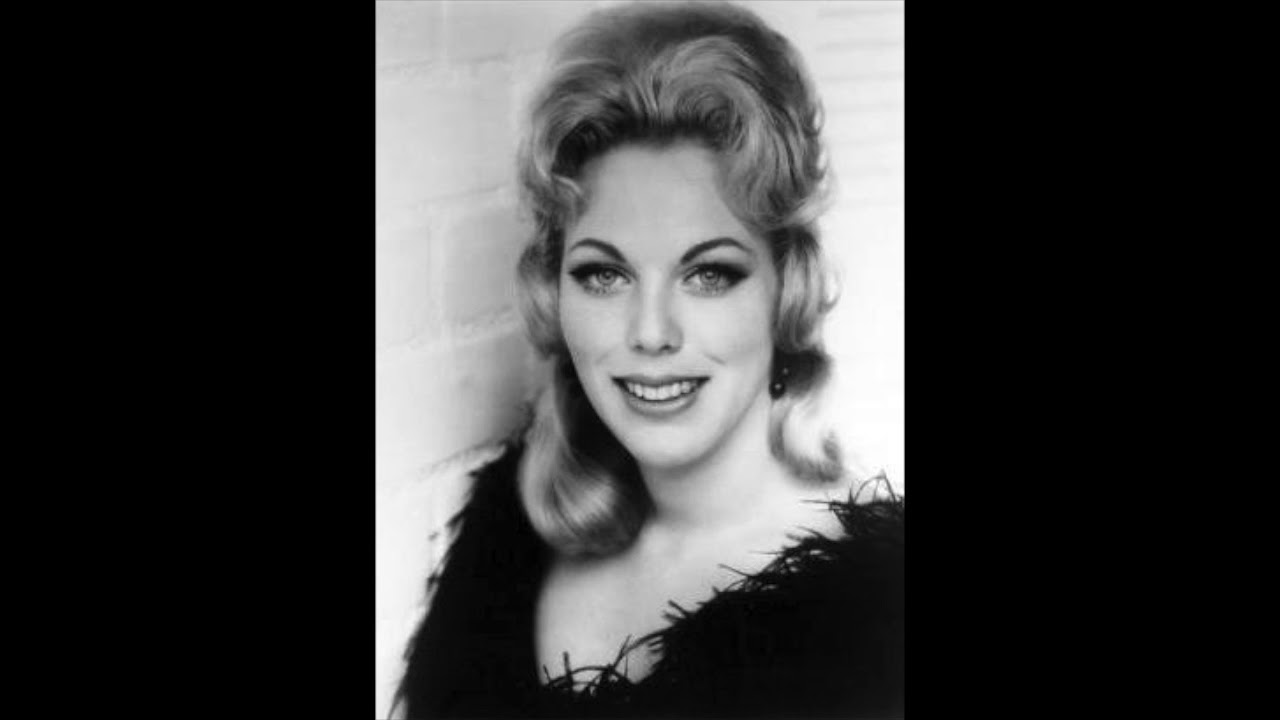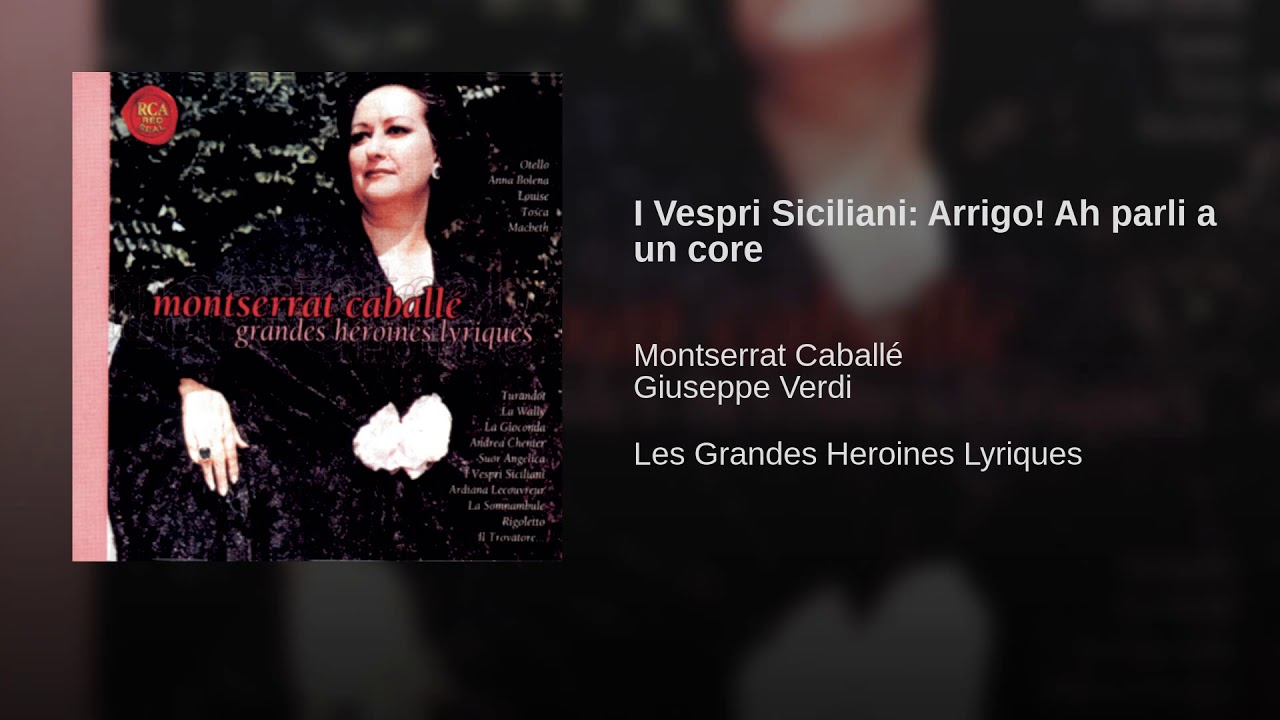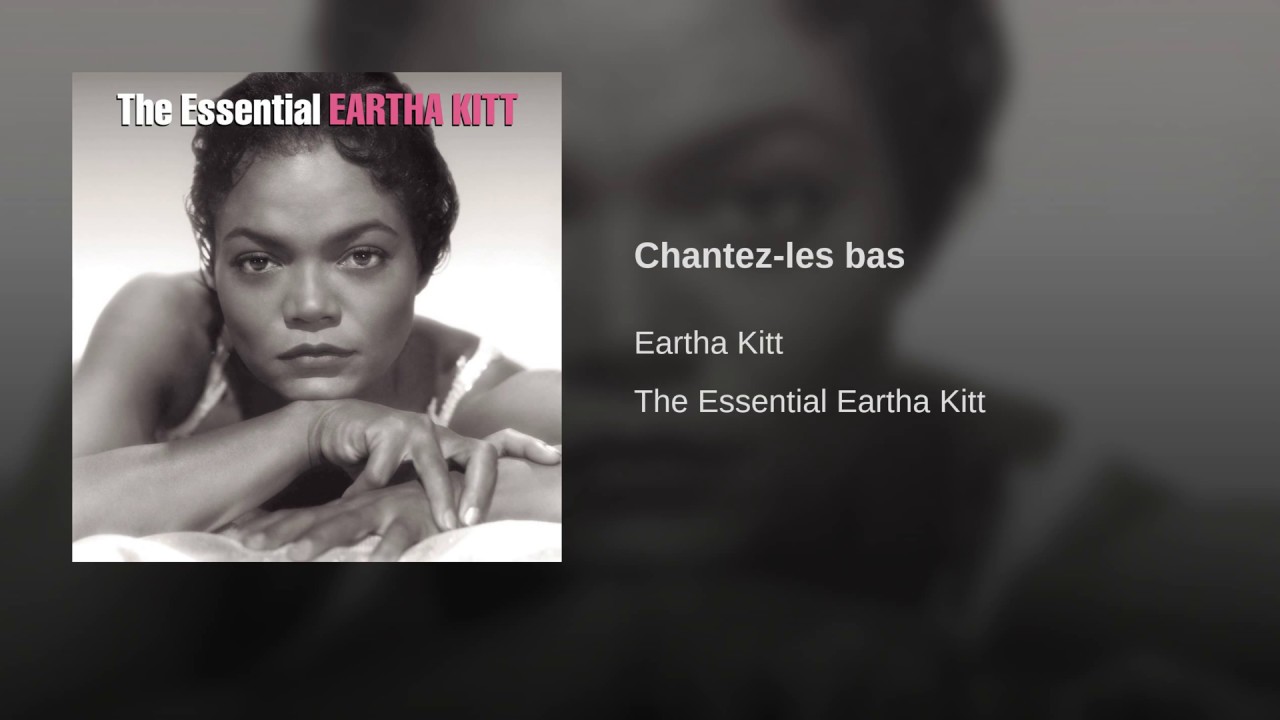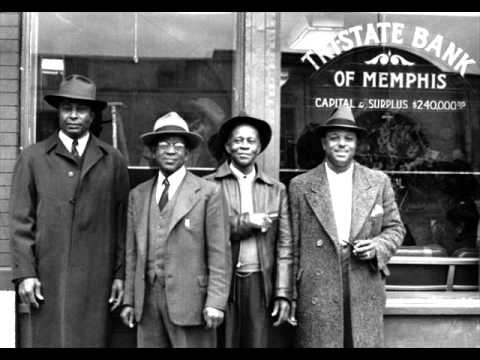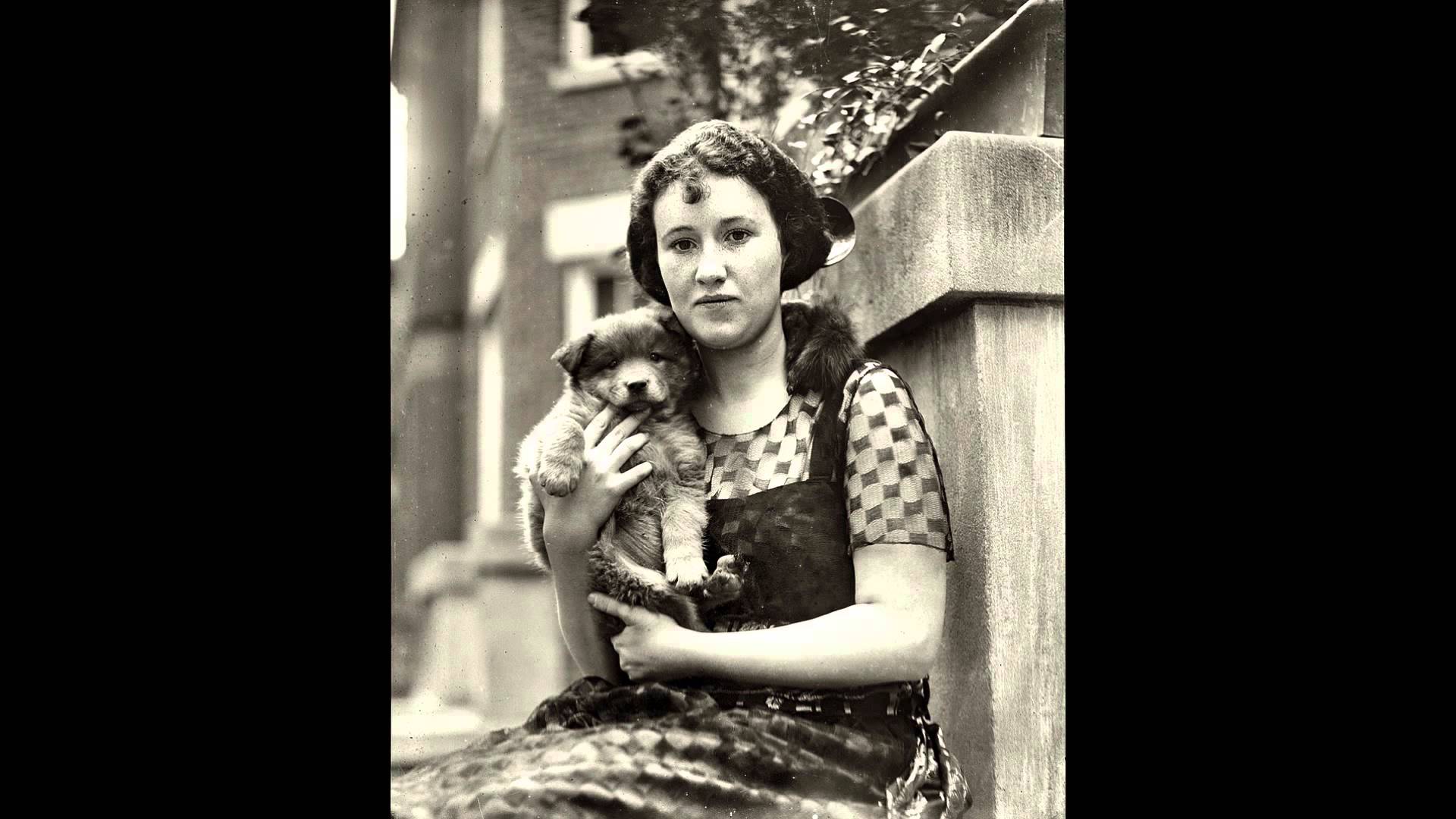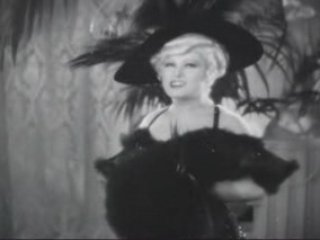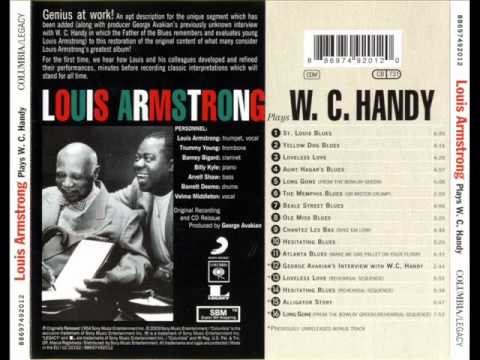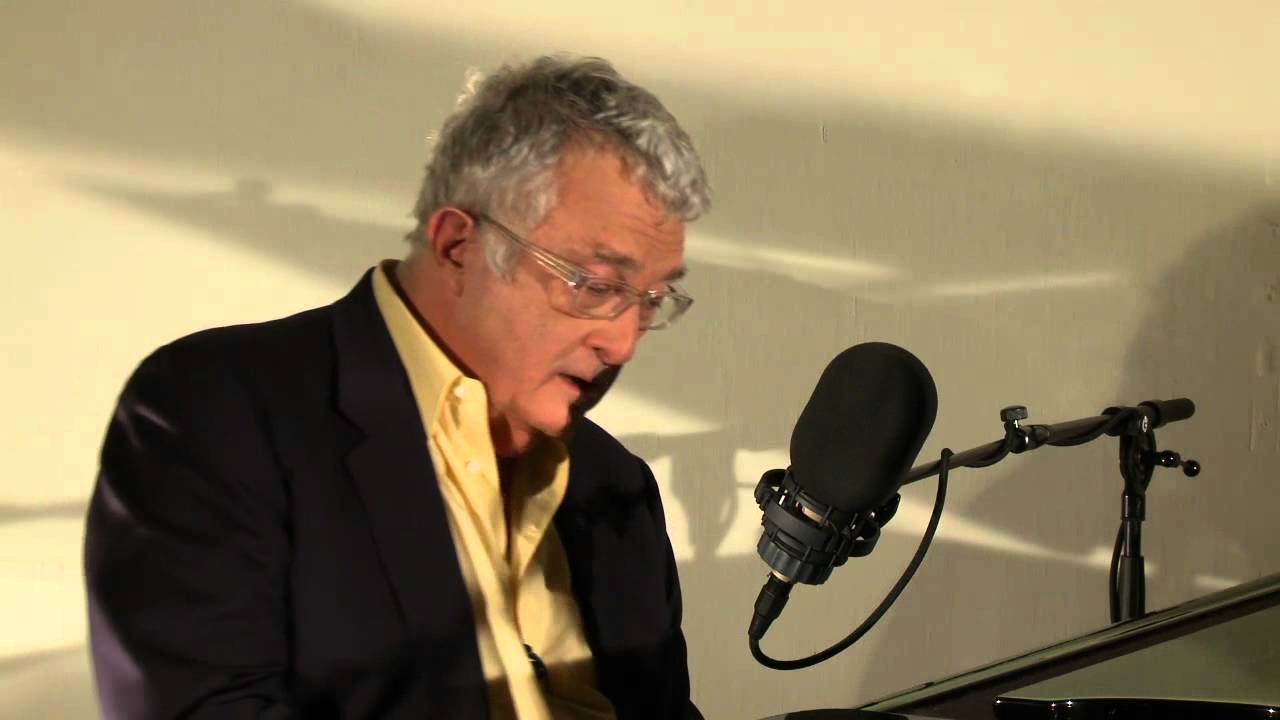Richard Strauss: Lieben, Hassen, Hoffen, Zagen
One of my favorite things to do is musical education outreach. I love that I can go into schools and help children learn about incredibly important lessons via music. I often bring in a special song the character of Harlequin in the opera Ariadne auf Naxos sings to the title character. The song has an incredible amount of wisdom, truth, musicality, and beauty in only a minute and 30 seconds.
Take 6: Come Unto Me
Growing up, I was fascinated with the Grammy winning a cappella group “Take 6”. A group of six young black men singing about the power of goodness and Love was an incredible thing for me to look up to.
Punch Brothers: Familiarity
The song “Familiarity” by the Punch Brothers spoke to me on a special level when I first heard it a few years ago. It sort of redefined what I expected from popular music. The fact that there are so many musical styles and is set up in a form you usually only hear in classical music, I was completely shocked to hear this on the radio.
Franz Liszt: Vallée d’Obermann
Lizst’s “Vallée d’Obermann” is my favorite piece of music ever written. I fell in love with it as a child, but resonated more with it as I got older and experienced the challenges of life. Before I knew anything about the piece, what I loved most about it, was that it didn’t seem like a form of escapism.
Giuseppe Verdi: Luisa Miller
A student and I were talking about the operas we’d heard in recent months, as...
Ernest Blanc sings Delibes and Bizet
One of the most rewarding parts of my life is my work at Juilliard. There I have met some extraordinary artists and given them projects that let them shine. NYFOS audiences have been lucky enough to hear many of these beautiful singers over the years—Paul Appleby, Julia Bullock, Theo Hoffman, Miles Mykkanen, Sasha Cooke—a dazzling list that goes on and on.
The Verdi Requiem
The summer before last I became obsessed with the Verdi Requiem. It’s a piece I’ve known since I was 13, when I got the Leontyne-Jussi Bjoerling LPs (in monophonic sound) as a bar mitzvah gift. But now, due to the miracle of Spotify, I suddenly have the capacity to hear a slew of recordings, all available by touching a screen. Young people take this digital bonanza for granted, but after lugging stacks of records home from the library as a kid, I never cease to marvel at how easy it is to indulge my musical whims.
Carol Neblett sings Puccini
I ventured into the Met to hear The Girl of the Golden West last week. I’d never seen the now-venerable Giancarlo del Monaco production—never heard this opera at the Met, in fact—and I’d never seen Jonas Kaufmann live. Neither of us is getting any younger and I pride myself on having heard all the major voices since I started going to the opera in 1963. So I secured a standing room ticket and hauled myself into the theater.
Montserrat Caballé sings Verdi
I’ve been listening to soprano Montserrat Caballé this past week, in the days following her death at age 85. I first heard her at Carnegie Hall in December of 1965, when she sang Donizetti’s Roberto Devereux. Later that month my dad and I went to the Met for her début. She wanted to sing in the old house on 39th Street before it got torn down, and they slotted her in for a single performance of Faust.
W. C. Handy: Chantez-les Bas
For our final W.C. Handy song of the day we turn to one of his later gems that was a lesser hit, especially at first. “Chantez-les Bas” was composed in 1931, and is the only Handy piece in its genre, a Louisiana-inspired love song. Handy never visited New Orleans, but played many engagements in Baton Rouge and points north and on one occasion, while his band serenaded a young lady by night, a neighbor gently asked them to pipe down, i.e., “Sing ‘Em Low,” in the local patois.
W. C. Handy: Beale Street Blues
W.C. Handy named several blues for cities of significance in his life: Memphis, where he lived from 1905-17, St. Louis, where he was a penniless, flea-infested hobo in 1893; Atlanta, where he played some career-enhancing concerts in the World War I era. “Beale Street Blues” is his only masterpiece named for a street, the main drag of the black entertainment district in Memphis.
W. C. Handy: Yellow Dog Blues
W.C. Handy’s great “Yellow Dog Blues” incorporates an idea he picked up in the Mississippi Delta during his residencies in Clarksdale, Mississippi (1903-1905) then Memphis, his home base for endless gigs up through 1917.
W. C. Handy: Memphis Blues
Handy’s first hit, “Memphis Blues,” was self-published as a piano rag, which Handy sold, lock, stock and barrel, to a clever music publisher visiting Memphis on business in 1912. The loss of royalty income due to this transaction haunted Handy for the remainder of his life. The following year saw two pivotal developments in Handy’s career.
W. C. Handy: St. Louis Blues
We could hardly begin a week of W.C. Handy songs without zeroing in on his biggest hit, “St. Louis Blues,” a song that has been so-often recorded that no full accounting of the recordings is possible, to be counted in thousands, not hundreds, starting in 1914. Handy wrote the song on a single night at the end of that summer, the year after he founded the Pace and Handy Music Company.
Randy Newman: Losing You
This week I’ve been looking at some pretty famous songwriters who achieved fame for their populist style of singing and their unusual songs, Leonard Cohen and Joan Baez for example. Today my choice is Randy Newman. He’s one of our great American songwriters, but what I most admire about him is his choice of subject matter.


